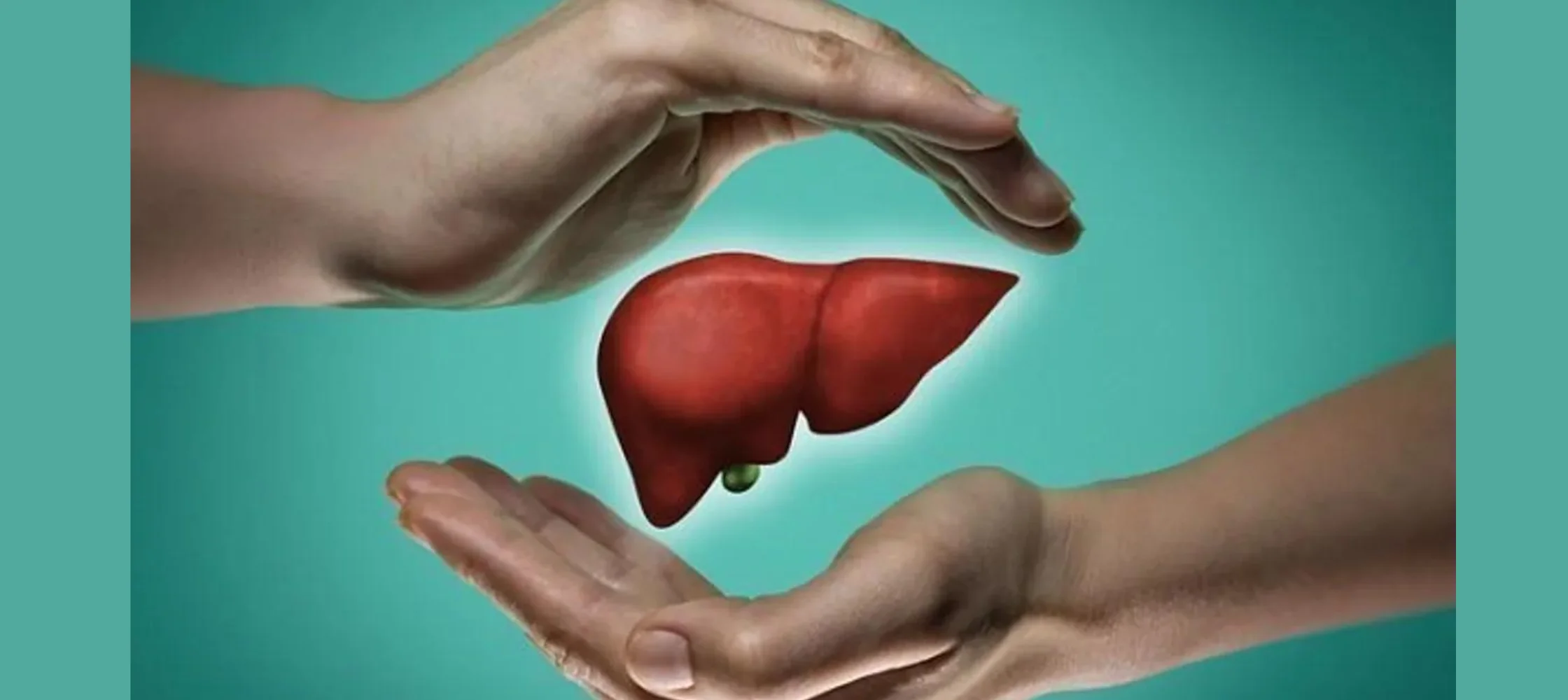
Non-alcoholic fatty liver disease (NAFLD) has become a global health concern, affecting millions of individuals around the world. This condition, characterized by the accumulation of fat in the liver, can lead to severe complications if left untreated. However, the good news is that NAFLD is largely preventable through lifestyle modifications. In this article, we will discuss the key strategies and lifestyle changes you can implement to protect your liver health and reduce the risk of developing NAFLD.
A nutrient-rich, well-balanced diet is fundamental in promoting liver health. Focus on incorporating whole foods such as fruits, vegetables, whole grains, lean proteins, and healthy fats into your meals. Reduce your intake of saturated and trans fats, as well as processed foods and sugary beverages. Opt for natural, wholesome choices that provide essential vitamins, minerals, and antioxidants to support optimal liver function.
Regular physical activity is not only beneficial for overall well-being but also plays a crucial role in preventing NAFLD. Aim for at least 150 minutes of moderate-intensity exercise per week, such as brisk walking, jogging, cycling, or swimming. Exercise helps burn excess fat, maintain a healthy weight, and improve insulin sensitivity, all of which contribute to a healthier liver.
Being overweight or obese significantly increases the risk of NAFLD. Strive to achieve and maintain a healthy weight through a combination of a nutritious diet and regular exercise. Even modest weight loss can have a profound impact on liver health, so set realistic goals and adopt sustainable lifestyle changes to manage your weight effectively.
Excessive alcohol consumption and smoking are detrimental to liver health and can exacerbate the progression of NAFLD. Limit your alcohol intake or avoid it altogether. If you choose to drink, do so in moderation—up to one drink per day for women and up to two drinks per day for men. Quit smoking completely to protect your liver from additional harm.
Conditions such as diabetes and high blood pressure are closely linked to the development of NAFLD. If you have these conditions, work closely with your healthcare provider to manage them effectively. Adhere to medication regimes, monitor your blood sugar levels or blood pressure regularly, and make necessary lifestyle adjustments to keep these conditions under control.
Chronic stress contributes to inflammation and can worsen the risk of NAFLD. Incorporate stress-reduction techniques into your daily routine, such as meditation, yoga, deep breathing exercises, or engaging in hobbies that bring you joy and relaxation. Prioritizing self-care and finding healthy outlets for stress can positively impact liver health.
Adequate sleep is crucial for overall health, including liver health. Aim for seven to eight hours of quality sleep each night. Establish a regular sleep schedule, create a soothing bedtime routine, and optimize your sleep environment to promote restful sleep. Prioritizing sleep allows your liver to regenerate and function optimally.
Green tea contains antioxidants that can help protect the liver from damage. Consider incorporating green tea as a regular beverage or explore green tea supplements under the guidance of your healthcare provider. However, remember that moderation is the key, and supplements should be used judiciously.
Each individual's health needs and risk factors may vary. Consult with your healthcare provider to assess your specific risk profile for NAFLD and receive personalized guidance. They can provide tailored recommendations, monitor your liver health through screenings, and prescribe necessary medications or supplements if required. Regular check-ups and open communication with your healthcare provider are essential for maintaining optimal liver health.
Furthermore, raising awareness about NAFLD within your community is crucial. Share the information you have learned with family, friends, and colleagues. Encourage them to adopt a healthy lifestyle and undergo regular check-ups to detect and prevent NAFLD at an early stage.
Public health initiatives should focus on educating the general population about the risk factors and consequences of NAFLD. This includes incorporating liver health education into school curricula, workplace wellness programs, and community health campaigns. By increasing awareness and providing accessible resources, we can empower individuals to take control of their liver health and reduce the burden of NAFLD on a larger scale.
Additionally, healthcare providers play a vital role in the prevention and management of NAFLD. They should stay up-to-date with the latest research, guidelines, and treatment options. By routinely screening patients for NAFLD risk factors and providing appropriate counselling, healthcare professionals can identify high-risk individuals early on and guide them towards necessary lifestyle modifications.
Research is also essential to develop more targeted interventions and therapies for NAFLD prevention and treatment. Continued investment in scientific studies and clinical trials will help deepen our understanding of the disease and lead to more effective strategies for combating NAFLD.
In conclusion, preventing NAFLD requires a comprehensive approach that involves lifestyle modifications, regular check-ups, public education, and continued research. By implementing healthy habits, raising awareness, and collaborating across various sectors, we can make significant strides in reducing the prevalence of NAFLD and improving liver health worldwide. Together, let's take a proactive stance against NAFLD and prioritize liver health for a healthier future.
*Disclaimer: Above article is based on the information available through various sources. Always consult your dietitian, doctor and/or health expert for expert advice.
Your email address will not be published. Required fields are marked *
29 Jan, 2024
29 Jan, 2024
29 Jan, 2024
25 Jan, 2024